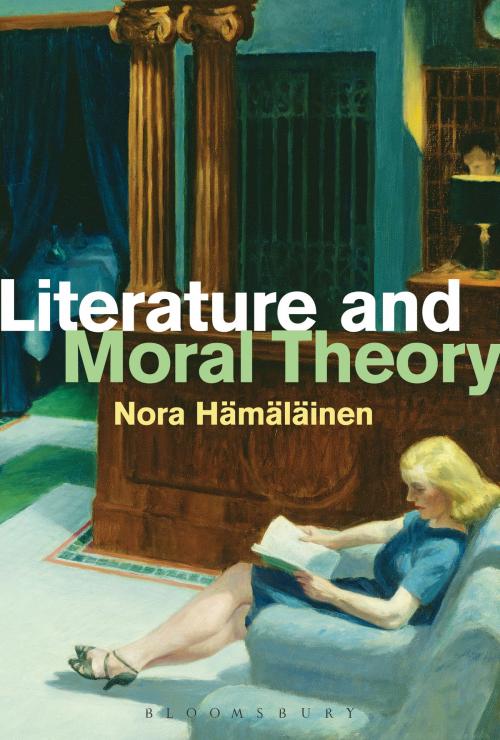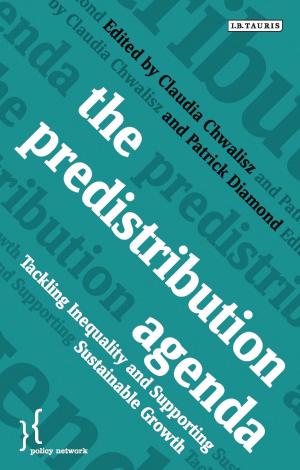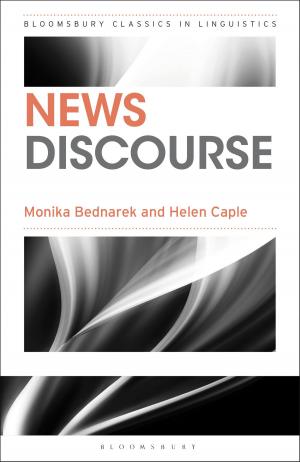| Author: | Dr. Nora Hämäläinen | ISBN: | 9781501305375 |
| Publisher: | Bloomsbury Publishing | Publication: | November 19, 2015 |
| Imprint: | Bloomsbury Academic | Language: | English |
| Author: | Dr. Nora Hämäläinen |
| ISBN: | 9781501305375 |
| Publisher: | Bloomsbury Publishing |
| Publication: | November 19, 2015 |
| Imprint: | Bloomsbury Academic |
| Language: | English |
Literature and Moral Theory investigates how literature, in the past 30 years, has been used as a means for transforming the Anglo-American moral philosophical landscape, which until recently was dominated by certain ways of "doing theory†?. It illuminates the unity of the overall agenda of the ethics/literature discussion in Anglo-American moral philosophy today, the affinities and differences between the separate strands discernible in the discussion, and the relationship of the ethics/literature discussion to other (complexly overlapping) trends in late-20th century Anglo-American moral philosophy: neo-Aristotelianism, post-Wittgensteinian ethics, particularism and anti-theory. It shows why contemporary philosophers have felt the need for literature, how they have come to use it for their own (philosophically radical) purposes of understanding and argument, and thus how this turn toward literature can be used for the benefit of a moral philosophy which is alive to the varieties of lived morality.
Literature and Moral Theory investigates how literature, in the past 30 years, has been used as a means for transforming the Anglo-American moral philosophical landscape, which until recently was dominated by certain ways of "doing theory†?. It illuminates the unity of the overall agenda of the ethics/literature discussion in Anglo-American moral philosophy today, the affinities and differences between the separate strands discernible in the discussion, and the relationship of the ethics/literature discussion to other (complexly overlapping) trends in late-20th century Anglo-American moral philosophy: neo-Aristotelianism, post-Wittgensteinian ethics, particularism and anti-theory. It shows why contemporary philosophers have felt the need for literature, how they have come to use it for their own (philosophically radical) purposes of understanding and argument, and thus how this turn toward literature can be used for the benefit of a moral philosophy which is alive to the varieties of lived morality.















